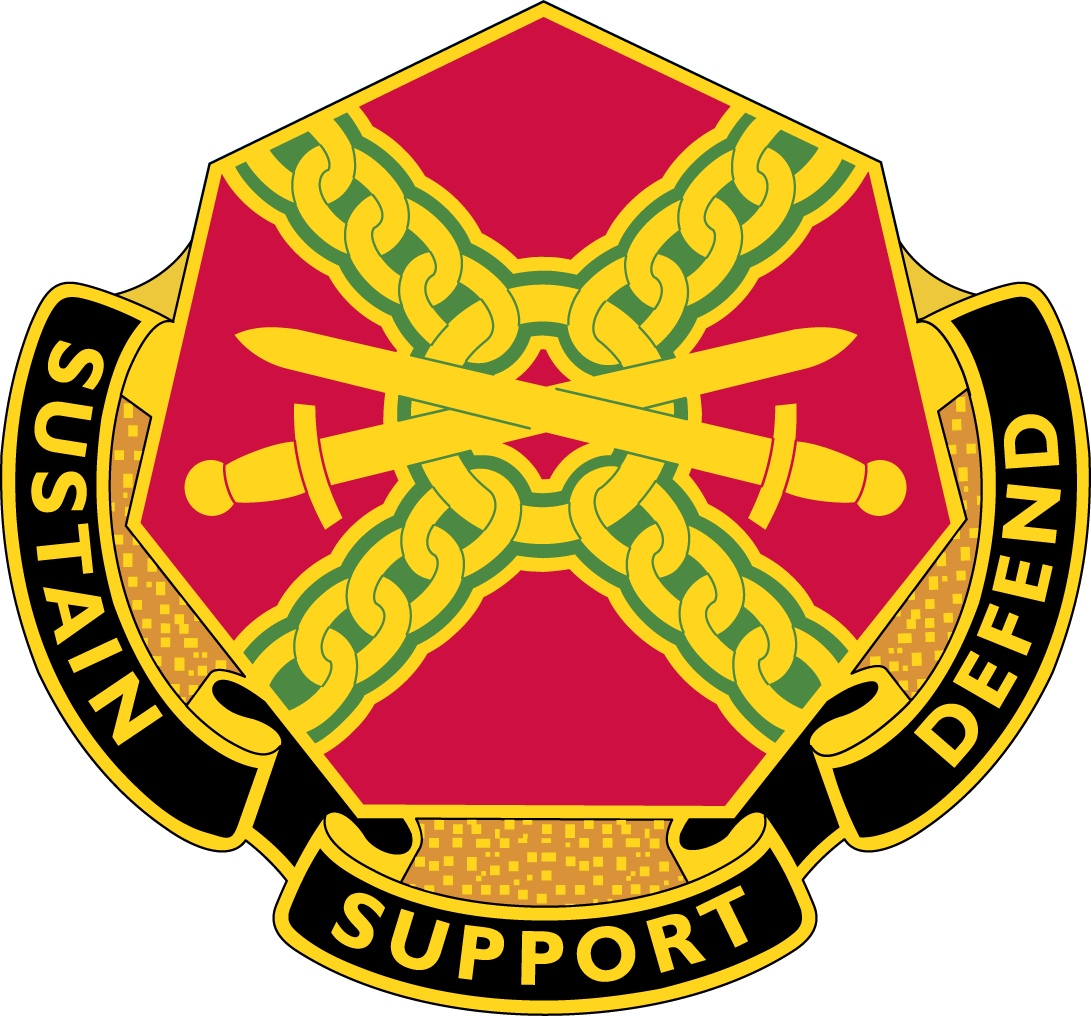For more information contact your installation EEO office at 520-673-7651.
My Carlisle Barracks
- For Soldiers
- For Families
- For Employees
- For Newcomers
- Total Army Sponsorship Program
- All Services
- Carlisle Barracks Visitor Center
- Public Affairs Office
- Carlisle Barracks DEERS/ID Card Office
- Carlisle Barracks Police
- Fire Division
- Equal Employment Opportunity (EEO) Program
- SHARP (Sexual Harassment/Assault Response & Prevention)
- Housing Office
- Balfour Beatty Communities at Carlisle Barracks
- Military Personnel Division
- Soldier for Life Military Retirement Services
- Transition Assistance Program (TAP)
- Dunham U.S. Army Health Clinic/Carlisle Barracks Dental Clinic
- Office of the Command Judge Advocate
- Army Community Service
- Continuing Education Services
- Army Substance Abuse Program
- Carlisle Barracks Commissary
- Carlisle Barracks Exchange
- Child & Youth Services
- School Liaison Officer
- Travel & Lodging
- MWR Facilities and Programs
- Social & Dining
- MWR Calendar of Events
- U.S. Army War College Memorial Chapel
- Headquartes Detachment (HHD)
- Sports & Recreation
- Student Moves & Insider Tips — "The Carlisle Experience"
Units / Tenants
- U.S. Army War College
- Carlisle Barracks Commissary
- Carlisle Barracks Dental Clinic
- Carlisle Barracks Exchange
- Dunham U.S. Army Health Clinic
- Family Housing by Balfour Beatty Communities
- IHG Army Hotels at Carlisle Barracks
- Logistics Readiness Center
- U.S. Army Mission and Installation Contracting Command
- U.S. Army Criminal Investigation Command
Carlisle barracks
Carlisle barracks





